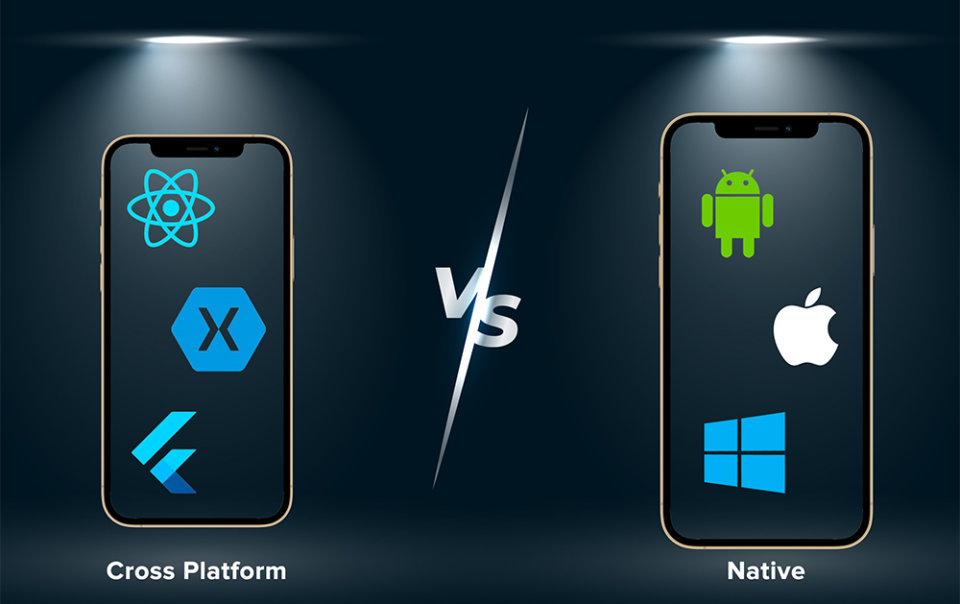So, you’re hunting for an app development company in India and now you’re stuck at the big crossroads: native or cross-platform? Yeah, it’s a classic headache. This whole thing actually matters way more than most people admit. The decision you make here? It could straight up make or break your budget, not to mention your sanity.
Let’s break it down, real-talk style.
Native Apps—What’s the Deal?
Basically, native apps are like those super tailored suits—they fit one platform (iOS or Android) like a glove. So, if you want an iPhone app, your devs are grabbing Swift or Objective-C. Android? That’s Kotlin or Java, baby.
Why go native?
They’re FAST. Like, whip-around-the-app kind of fast. Everything feels snappy and smooth, plus, you get all the good stuff—access to the camera, GPS, whatever gadget the phone’s hiding.
But the catch? You gotta pay for every platform. Want both iOS and Android? Double the cost, double the drama. And don’t even get me started on maintenance—your devs will basically live in their code caves.
Cross-Platform Apps—The Other Side of the Coin
Cross-platform apps are the “one size fits all” solution. You write the code once (using React Native, Flutter, Xamarin—pick your poison), and it runs everywhere. If you’re counting pennies, this is the way to go. It’s way cheaper, and you’ll get your app out there faster.
Upsides? You save time and cash, updates are less of a pain, and your app lands on both Apple and Android devices in one shot.
But… (there’s always a but, right?)
They’re not quite as zippy as native apps. Sometimes you’ll notice a little lag, or maybe you can’t use every single gadget on the phone. For most apps, that’s no biggie. If you’re building the next Angry Birds or a banking app? Maybe rethink.
So, Which One’s Actually Better?
Here’s the not-so-secret secret: it depends. If you’re a startup and your wallet is sobbing, go cross-platform. If you need every ounce of horsepower and want your app to feel like it was made by Apple or Google themselves—go native.
If you’re trying to take over the world overnight, cross-platform lets you launch everywhere at once. If you’re building something mission-critical or super fancy, native’s your pal.
Where the Indian App Dev Wizards Come In
Let’s be honest—there’s a sea of dev shops in India. The good ones? They’ll walk you through all this. They know their way around both native and cross-platform, and they’ll actually listen to what your business needs (instead of just pushing whatever’s easiest for them).
A solid developer won’t just build your app—they’ll help you keep it running, plug it into other stuff (APIs, third-party tools), and tweak it as you grow. And trust me, you want someone who’s got your back when things go sideways.
TL;DR (Because Who Reads Everything?)
Native: Best performance, but your wallet might scream.
Cross-platform: Quicker, cheaper, and you’ll hit more users fast.
Pick based on your goals and what your users expect. And seriously, get yourself a good Indian app dev company to steer the ship. They’ll save you a ton of headaches and probably some cash, too.
Final word: Don’t overthink it. Just get the right people in your corner, be honest about your needs, and you’ll end up with an app that actually does what you want—without losing your mind in the process.


